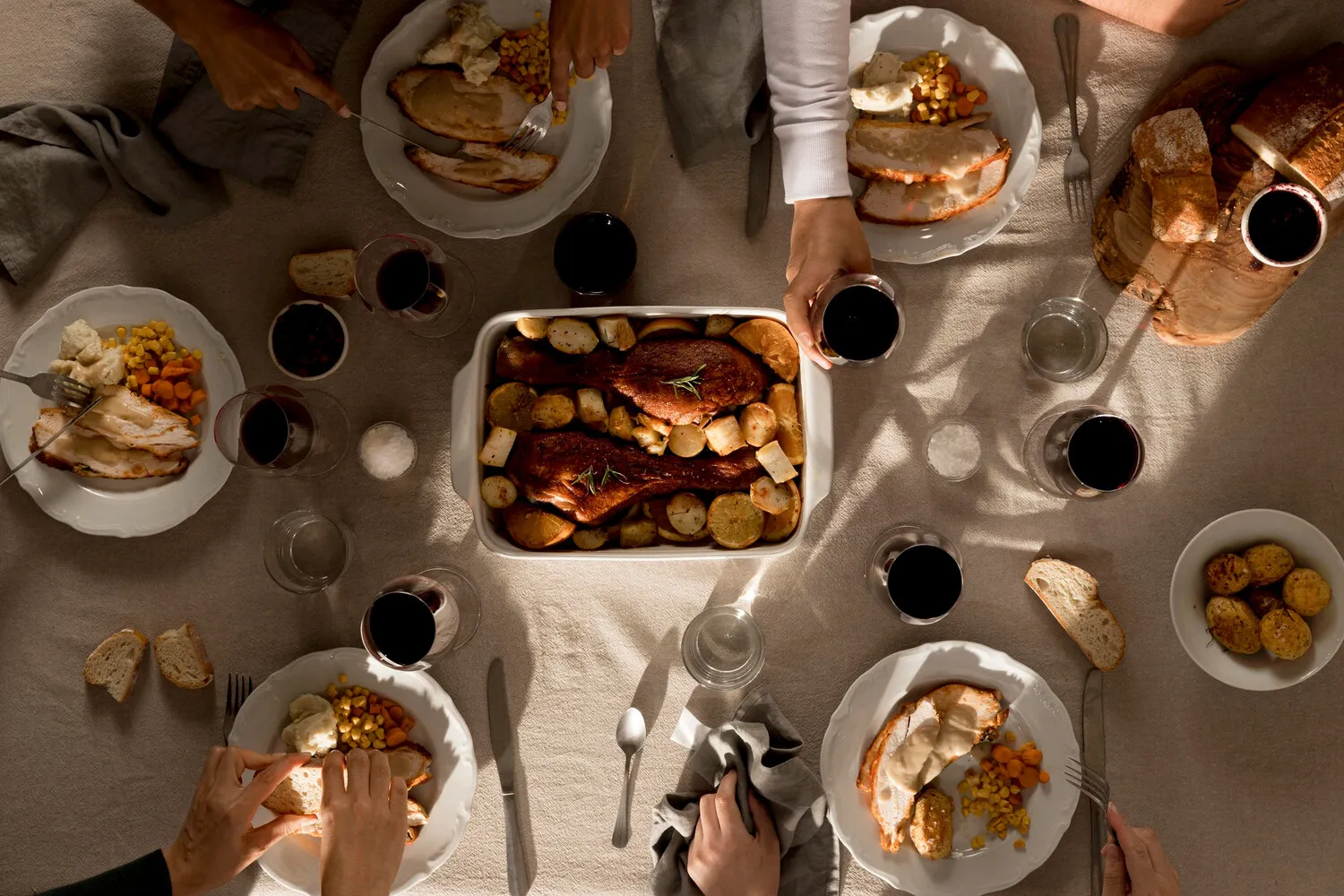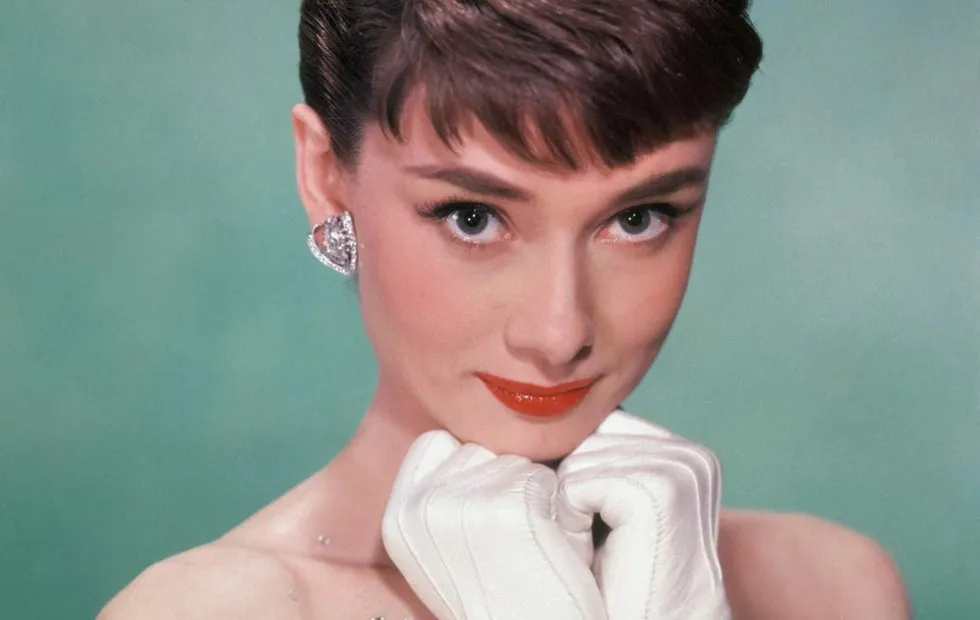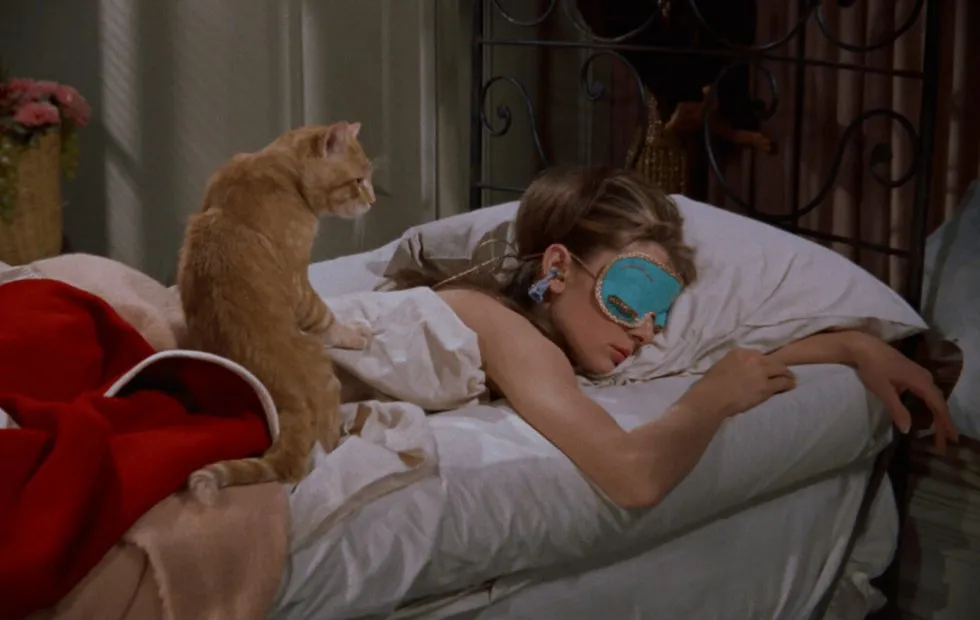Why Dietitians Ban Counting Calories: A New Approach to Weight Loss
Nutrition is not a set of rules, but a flexible process where it's important to consider your physical and emotional needs
Imagine: you wake up and your first thought is how many calories are in the oatmeal? You weigh every nut, calculate grams in a teaspoon of honey and painfully decide—should I eat an apple or leave those 80 calories for dinner? Sounds like a nightmare, but for millions of people this is daily reality.
Now imagine another scenario: you eat when hungry, stop when full, enjoy the taste and at the same time... lose weight. Without apps, without food scales, without neuroses. Impossible? Modern dietitians say—more than possible.
Mathematics vs Biology: Why Numbers Lie
Fanatical calorie counting often leads to irritability, neuroses, and depression. On the background of obsession with calories, eating disorders may develop, up to severe anorexia—dietitians warn.
But the problem goes deeper: calculation formulas don't reflect real needs. How many calories you burn/absorb depends on weight, ratio of fat mass to muscle mass, level of non-exercise physical activity, type of workouts, endocrine system status, gut microbiota.
In other words, 1200 calories for a 25-year-old office worker and a 40-year-old mother of three children are completely different things. And apps don't take this into account.
The Revolution of Mindfulness: Intuitive Eating as an Anti-Diet
In 1995, American dietitians Evelyn Tribole and Elyse Resnick published a book that revolutionized views on weight loss. Intuitive eating is a modern approach to nutrition based on the idea that paying attention to your body's signals—hunger and satiety—is a more effective method of weight regulation and eating behavior than restrictive dieting, calorie counting or dividing foods into 'good' and 'bad'.
The simple motto: 'Eat when hungry, don't eat when not hungry.' Sounds like an obvious truth, but for most of us it's a revolution. We've forgotten how to hear our own body, drowning its voice with calorie calculators.
Science vs Myths: What Research Says
To date, over a hundred studies have confirmed the link between intuitive eating and lower lifetime body mass index, improvements in cardiovascular and metabolic health, reduced levels of depression and anxiety about body image, and improved eating behavior.
But there's an important nuance: intuitive eating is not aimed at weight loss. IE is about stopping endless worry over food. Weight may not change. It's an approach for those tired of dieting swings and who want to reconcile with food.
Quality vs Quantity: What Actually Works
This approach focuses not on numbers but on food quality and signals from your own body. The main principle is to choose whole, minimally processed foods. Natural vegetables, fruits, whole grains, proteins and healthy fats become the foundation of the diet.
The mechanism is simple: they fill you up better and longer than their refined analogs. Portion control happens naturally due to the high nutritional value of such foods. A person feels full sooner and doesn't overeat, even without thinking about calories.
Try an experiment: eat 200 calories from chocolate and 200 calories from avocado with vegetables. Which will keep you full longer? The body knows the difference, even if a calculator doesn't.
Traps of Counting: Why Numbers Aren't Always True
It's easy to make mistakes when counting calories. The most common errors—using ready-made recipes in calorie counters, accounting for cooked rather than raw products. Plus human factor: we tend to underestimate consumption of tasty and overestimate that of healthy foods.
There's also a psychological issue. Most people inadequately assess their own activity and calorie needs—some underestimate caloric intake, thinking they don't move enough, while others force themselves to eat their daily calorie allowance even when not hungry.
 Photo from freepik.com
Photo from freepik.comThe Golden Middle: When Calorie Counting Makes Sense
For fairness, calorie counting works. Unlike intuitive eating, calorie counting really helps with weight loss. But it requires a certain mindset and life situation.
If you're happy with your weight, body quality, mirror reflection, and don't have health problems related to underweight or overweight, there's no reason to exclude intuitive eating.
But for active weight loss, many specialists recommend a hybrid approach: combine macros with a flexible method—like having days without counting and relying on body signals.
Practical Steps: How to Stop Counting and Start Feeling
If you've decided to try eating without a calculator, start gradually:
- Mindfulness during meals plays an important role. Slow chewing, absence of distractions help better detect satiety signals. The brain has time to receive the signal from the stomach.
- Put your phone away during meals. Scientists have proven that while watching TV, the amount of food consumed increases. People get so absorbed they don't notice eating on autopilot.
- Use the 'plate rule': half vegetables and fruits, quarter protein, quarter carbs. It works without any counting.
Who Is Intuitive Eating For
Intuitive eating is not a panacea. It suits those tired of dietary restrictions, have a healthy relationship with food and are ready for long-term work on eating habits.
Calorie counting remains a working tool for those who want fast and predictable results, love structure and control, and are ready to invest time in meal planning.
Nutrition is not a set of rules, but a flexible process where it's important to consider your physical and emotional needs. The key is learning to listen to your body, take care of yourself and eat mindfully.
Maybe it's time to stop counting food and start feeling it? Your body knows the answer better than any app.
Cover photo from freepik.com
Need a renovation specialist?
Find verified professionals for any repair or construction job. Post your request and get offers from local experts.
You may also like
More articles:
 Uma Thurman in the New 'Dexter': Secrets of the Role and What the Actress Revealed About Filming
Uma Thurman in the New 'Dexter': Secrets of the Role and What the Actress Revealed About Filming Electricians Scammers: 5 Schemes That Will Cost Hundreds of Thousands
Electricians Scammers: 5 Schemes That Will Cost Hundreds of Thousands China Town: Why the Main Trading Quarter Was Named After Celestial Kingdom
China Town: Why the Main Trading Quarter Was Named After Celestial Kingdom Where to Place a Bed in a Small Studio: 5 Best Solutions
Where to Place a Bed in a Small Studio: 5 Best Solutions 5 Beauty Secrets of Audrey Hepburn That Still Work Today
5 Beauty Secrets of Audrey Hepburn That Still Work Today Invisible Cabinet: Can You Find It? 5 Cool Ideas
Invisible Cabinet: Can You Find It? 5 Cool Ideas Breakfast at Tiffany's: What the Cult Film Concealed Behind the Scenes
Breakfast at Tiffany's: What the Cult Film Concealed Behind the Scenes Before and After: From a Dull Hallway in a Panel House to a Stylish Functional Interior
Before and After: From a Dull Hallway in a Panel House to a Stylish Functional Interior